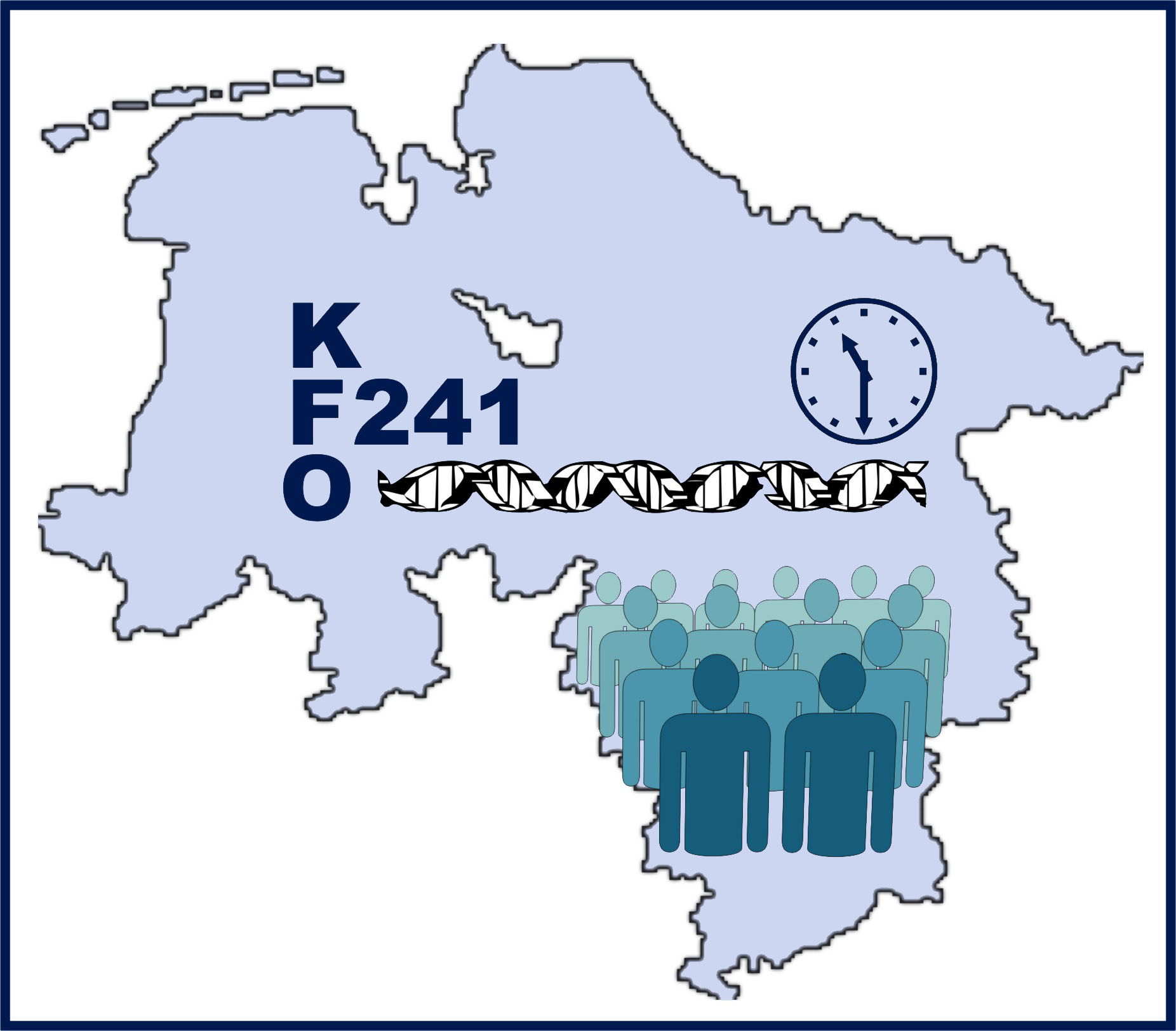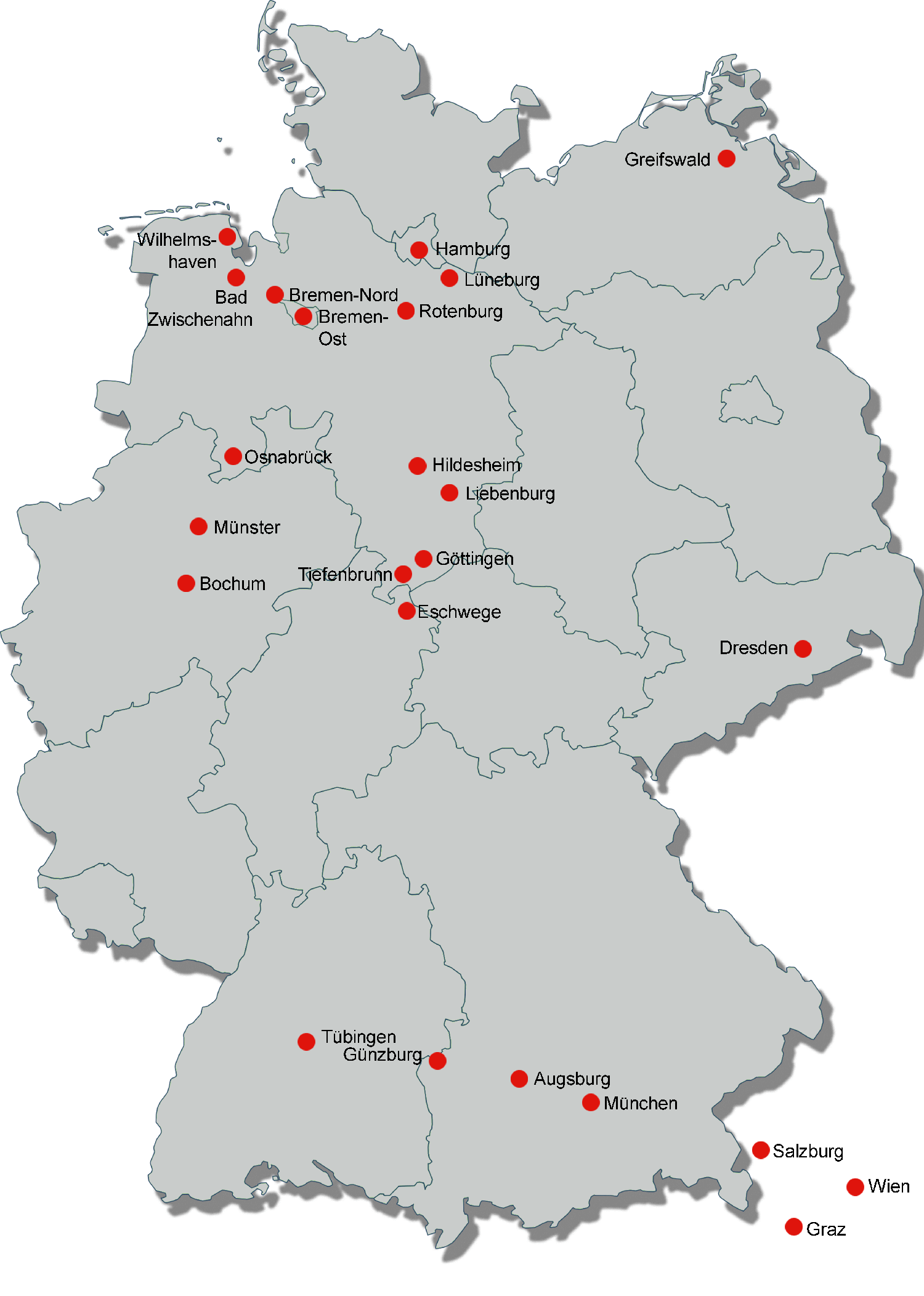The overarching theme of this Clinical Research Group consists in delivering clues to our understanding of the complex biological basis of the longitudinal course of psychosis, namely schizophrenia and bipolar disorder.
There are current efforts for a paradigmatic change in the upcoming DSM-V and the ICD-11: Measures of the longitudinal course along with dimensional aspects will be core elements of the new classification systems. Surprisingly, the integration of longitudinal aspects into future classification systems has not yet been paralleled by a similar move in the field of biological, mainly genetic research in psychiatry, as current efforts rather focus on increasing sample sizes of cross-sectional diagnoses than the establishment of longitudinal cohorts.
The Clinical Research Group is filling this gap by research in large cohorts with a phenotype of interest that is longitudinal in nature and also includes information on functional parameters and environmental factors.
Building on a vast body of already available knowledge and long-standing own experience in the fields of psychiatric genetics and neurobiology, we currently implement a research framework comprising the four domains genomics and epigenomics including pharmacogenetics and pharmacogenomics, phenomics, neurobiology, and the study of environment.
The findings of the Clinical Research Group will substantially contribute to a better understanding of the molecular biological determinants of the longitudinal course of psychosis and their complex interactions with the environment. This in turn will hopefully contribute to the development of therapies improving the long-term outcomes of psychosis.


